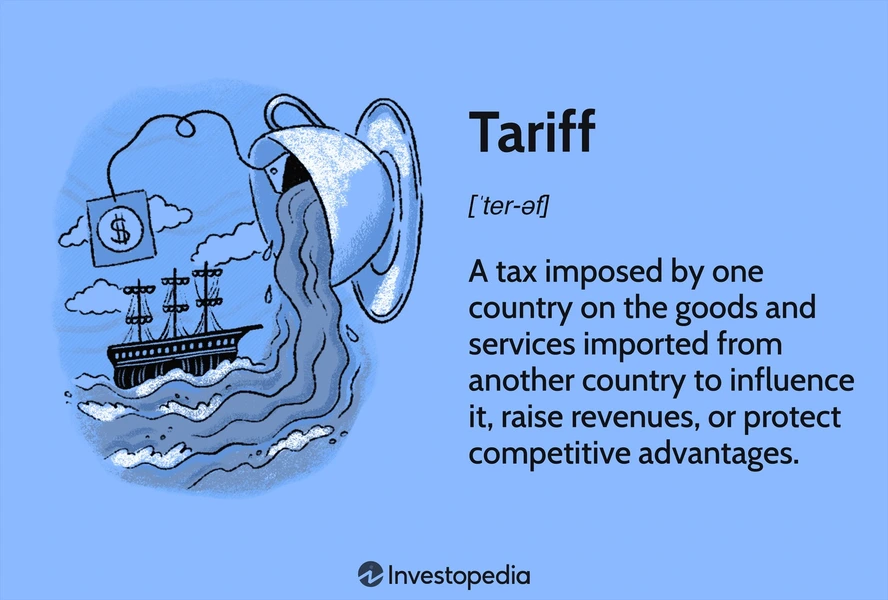This blog will examine the economic impact of tariffs on vehicles, exploring various perspectives and considering their influence on global trade and national economies.
The imposition of tariffs on vehicles is a recurring theme in international trade. Historically, nations have used tariffs as a tool to protect domestic industries from foreign competition.
One primary impact of vehicle tariffs is on the price of vehicles for consumers. When tariffs increase, the cost of importing vehicles rises, leading to higher prices for consumers. This impacts affordability and potentially reduces consumer demand. The effect is particularly noticeable in countries reliant on vehicle imports. For instance, a significant tariff on imported cars could make it harder for many families to afford a new vehicle.
The impact of tariffs on international trade relations is substantial. Tariffs can easily escalate into trade wars, as countries retaliate against each other with their own tariffs. This can disrupt global supply chains and negatively impact global economic growth. The ongoing trade disputes between the US and China, involving tariffs on various goods including vehicles, highlight the potential for significant disruption and instability. These trade tensions underscore the importance of international cooperation to prevent a negative global economic climate.
Tariffs on vehicles have significant and multifaceted impacts. While they can provide some protection for domestic industries, they can also harm consumers, disrupt international trade, and negatively impact global economic growth.






